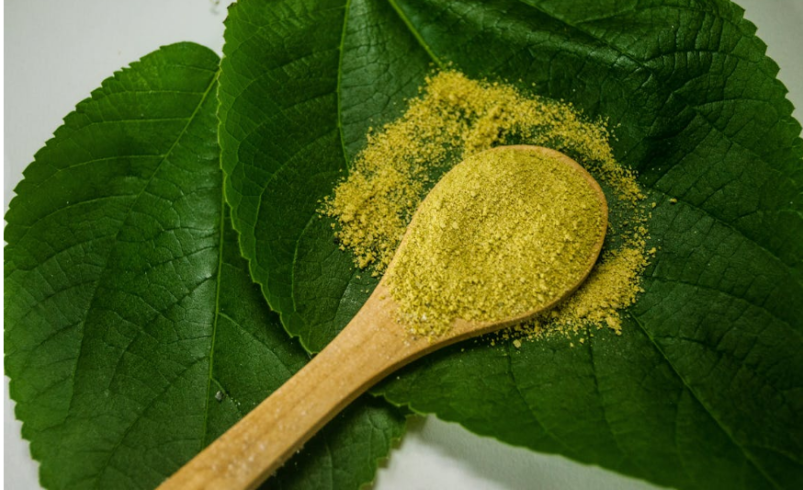How Often Should You Clean Your Grease Trap? A Comprehensive Guide

A properly maintained grease trap is essential for any commercial kitchen to prevent plumbing issues and ensure compliance with local health and environmental regulations. Without regular cleaning, grease buildup can lead to costly blockages, foul odors, and even fines. Determining the right cleaning schedule depends on factors such as kitchen size, cooking volume, and local regulations. Professional Douglas County septic maintenance from Southern Septic Service, Inc. can help keep grease traps functioning efficiently. This guide outlines the recommended cleaning frequency and signs that indicate when service is needed to avoid potential hazards and disruptions.
Daily and Weekly Maintenance
Routine maintenance is key to extending the lifespan of a grease trap and keeping it functioning effectively. Daily and weekly tasks focus on preventing excessive buildup and ensuring smooth operation.
1. Skimming Surface Grease
Everyday, kitchen staff should skim and remove surface grease from the trap. This prevents excessive accumulation and reduces the chances of clogs forming further down the plumbing system. By regularly removing grease, kitchens can minimize bad odors and avoid unexpected plumbing issues that can disrupt daily operations.
2. Scraping and Rinsing Dishes Properly
Before washing, excess grease should be scraped from plates, pots, and utensils into the trash. This simple habit significantly reduces the amount of grease that enters the trap, minimizing maintenance needs. Proper dish scraping also helps prevent food particles from accumulating in the grease trap, which can lead to foul odors and increased cleaning frequency.
3. Using Hot Water and Enzyme Treatments
Weekly, hot water flushes and enzyme-based grease digesters can help break down residual grease deposits. While not a replacement for professional cleaning, these measures keep the system running more efficiently between deep cleans. Enzyme treatments help break down organic matter naturally, preventing the formation of hardened grease layers that are difficult to remove.
Monthly Cleaning
For high-volume commercial kitchens, monthly grease trap cleaning is recommended to maintain efficiency and prevent unexpected blockages.
1. Preventing Grease Overflow
In busy restaurants, grease traps fill up quickly, and monthly cleaning prevents grease from overflowing into kitchen drains, which can lead to severe plumbing issues. A clogged grease trap can cause backups in dishwashing stations and sinks, slowing down kitchen efficiency and hygiene.
2. Reducing Foul Odors
Accumulated grease starts decomposing over time, releasing strong, unpleasant odors. A monthly clean-out keeps these smells from permeating the kitchen and dining areas. Strong odors not only affect staff comfort but can also drive customers away, negatively impacting business reputation and revenue.
3. Ensuring Compliance with Local Regulations
Many health departments require regular grease trap maintenance as part of food safety regulations. A consistent monthly schedule ensures compliance, preventing fines or operational shutdowns. Failing to meet health codes due to neglected grease traps can result in significant financial penalties and damage to a restaurant’s reputation.
Quarterly Vs. Annual Cleaning
For smaller establishments or those with lower grease output, cleaning frequency may be reduced, but professional servicing remains necessary.
1. Quarterly Cleaning for Moderate Use Kitchens
Small cafés or bakeries that produce moderate grease amounts should have their traps professionally cleaned every three months. This prevents gradual buildup that can lead to costly emergency service calls. Consistent quarterly cleaning ensures grease traps continue functioning optimally, reducing the likelihood of surprise plumbing failures.
2. Annual Cleaning for Low-Use Facilities
Facilities like seasonal businesses or low-traffic food establishments may only require grease trap cleaning once a year. However, even with infrequent use, stagnant grease and food particles can still create odors and plumbing issues if left unchecked. An annual deep clean removes any lingering residue and ensures compliance with local waste disposal regulations.
3. Monitoring Trap Capacity
Even low-use kitchens should monitor grease trap levels. If grease accumulation reaches 25% of the trap’s capacity, it’s time for a cleaning, regardless of the set schedule. Regular inspections help businesses avoid emergency plumbing situations and maintain kitchen efficiency with minimal disruption.
Signs It’s Time for a Cleaning
Even with a regular maintenance schedule, certain signs indicate that a grease trap needs immediate attention.
1. Slow Drainage
If water takes longer to drain from sinks, it could mean grease buildup is restricting water flow. This is often a sign that the grease trap is full and no longer effectively separating grease from wastewater. Ignoring slow drainage can lead to full system backups, requiring expensive emergency cleaning services.
2. Foul Odors
Strong, persistent smells coming from kitchen drains indicate that grease has started breaking down inside the trap. The decomposition of organic matter releases unpleasant gases that can quickly spread throughout the kitchen. Lingering grease odors can create an uncomfortable work environment and negatively impact customer experiences in dining areas.
3. Overflowing or Backed-Up Grease Trap
The most serious indicator of a full grease trap is when grease starts backing up into sinks or overflowing from the trap itself. This can lead to serious plumbing damage, kitchen downtime, and costly emergency services. Overflowing grease traps pose health risks and can contaminate surrounding kitchen areas, leading to potential food safety violations.
Conclusion
Regular grease trap maintenance is crucial to avoiding costly repairs, unpleasant odors, and non-compliance with local regulations. Establishing a cleaning schedule based on kitchen activity level ensures smooth operation and prevents emergency issues. For businesses searching for grease trap cleaning services near me, partnering with a reliable service provider guarantees a clean and efficient system. Whether it’s daily skimming, monthly deep cleans, or annual maintenance, staying proactive about grease trap care keeps commercial kitchens running smoothly and safely. Investing in routine servicing not only protects plumbing systems but also enhances overall hygiene and operational efficiency.



